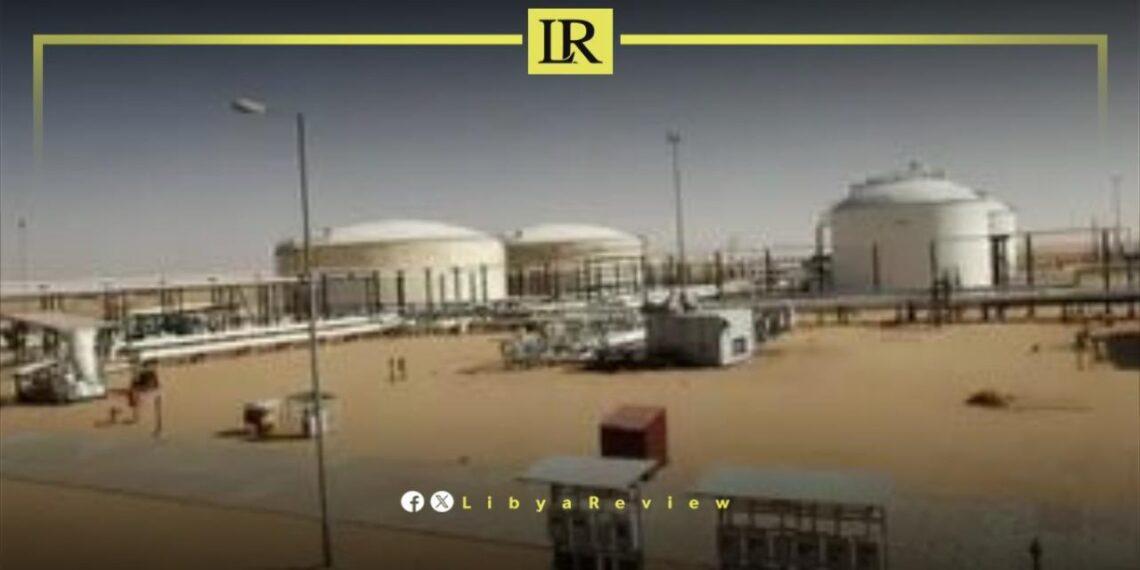On Sunday, the Libyan Petroleum Facilities Guard (PFG) announced the closure of all oil fields in the country, protesting the government’s neglect of their demands.
Earlier, the PFG has granted officials a 10-day ultimatum to meet their demands. These demands include salary increases for their members and the allocation of bonuses similar to those received by employees of the National Oil Corporation (NOC).
PFG members also demanded administrative and financial integration of the guards under the NOC, implicitly under the Ministry of Defense, but to no avail.
Halting production in oil fields could lead to the collapse of Libya’s energy industry, the country’s primary resource, and result in devastating economic consequences. It could exacerbate the plight of a population already suffering from liquidity shortages, delayed salaries, and deteriorate living conditions.
The closure of oil sites and fields is a recurring issue in Libya, particularly in the oil-rich yet service-poor southern region. This is either due to protests demanding improved living conditions or as a result of political conflicts over oil wealth and its financial returns.
Last week, the PFG in Tripoli issued a threat to close the Al-Hani oil depot unless their demands for wage increases are addressed. In a public video statement, the guards expressed unity with their counterparts across Libya, highlighting the financial difficulties they face due to insufficient wages. They criticised the delayed response from the Government of National Unity’s (GNU) Prime Minister and the NOC in improving the conditions for PFG personnel.
This development comes amid rising tensions within Libya’s oil sector. The western PFG has issued a warning to the GNU, led by Abdelhamid Dbaiba, threatening to shut down three key oil facilities—the Zawiya Refinery, Mellitah Complex, and Misrata Oil Depot—unless their demands for better wages and the payment of overdue salaries are met within a five-day period. This represents the third such warning in a week, underscoring the growing discord between the guards and the government authorities.
Since the fall of Moammar Gaddafi in 2011, Libya’s oil sector has been a focal point of internal conflict and political negotiation. The control over the nation’s oil resources often leading to power struggles among various factions and regions.


